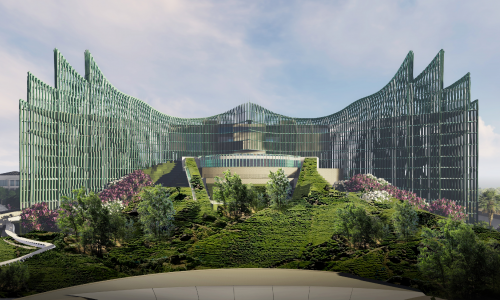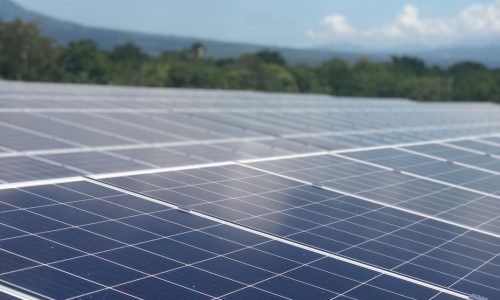Bekasi regency is developing a brake system and a suspension system industries in the Greenland International Industrial Center (GIIC) Deltamas. The project started in 2021 and worth IDR 1.14 trillion. The industry is to fulfill the needs of domestic automotive industry components. It occupies a land area of 5.4 hectares (ha), employs 1,305 workers and supported by supporting infrastructure.
GIIC is an industrial center in Bekasi regency, West Java, with a total area of 2,150 ha. The GIIC provides the ease of Direct Construction Facility (KLIK), bringing availability to investors who want to put their money into the industrial center. Bekasi regency also hosts the Indonesia-China Integrated Industrial Estate (KITIC). The KITIC is developing 200 ha of land for Chinese companies which want to establish their industry in the regency.
Bekasi regency is an industrial city located in West Java province, Indonesia. The regency’s area covers 207 square kilometers with a population of 2,464,719 people. The regency’s citizens are primarily Muslims with a percentage of 88.52%.
The brake system and suspension system industry have been developed in the GIIC since 2021. The project is worth IDR 1.14 trillion with an interest rate of return (IRR) of 14.5%, a net present value (NPV) of IDR 99.44 billion and a payback period of 7.25 years.
Incentives to support manufacturing
The project has incentives for investors such as import facility, tax allowances and super deduction. Import facility is given to business actors who carry out business activities in the industrial sector that produce goods and/or services. While tax allowances are given to business actors who carry out investments in the project. On the other hand, the super deduction is given to industries that are involved in vocational education programs and research and development activities to generate innovation.
Indonesia is currently the second largest country for industrial manufacturing economy in ASEAN. According to the Association of Indonesian Automotive Manufacturers (Gaikindo), Indonesia’s car exports in 2018 reached 187,752 units, with growth reaching 10.4%. Meanwhile, in 2017, car exports reached 170,059 units.
On the other hand, the export rate does not include many automotive components and accessories. The underdevelopment of the domestic component industry is a big problem for automotive industry that relies on imports. The fluctuating foreign currencies will affect prices of imported goods.
According to Gaikindo, these challenges must be responded to by increasing human resources (HR) and industrial capabilities accompanied by regulations that ensure upstream to downstream to support the smooth mobility of industrial logistics.









